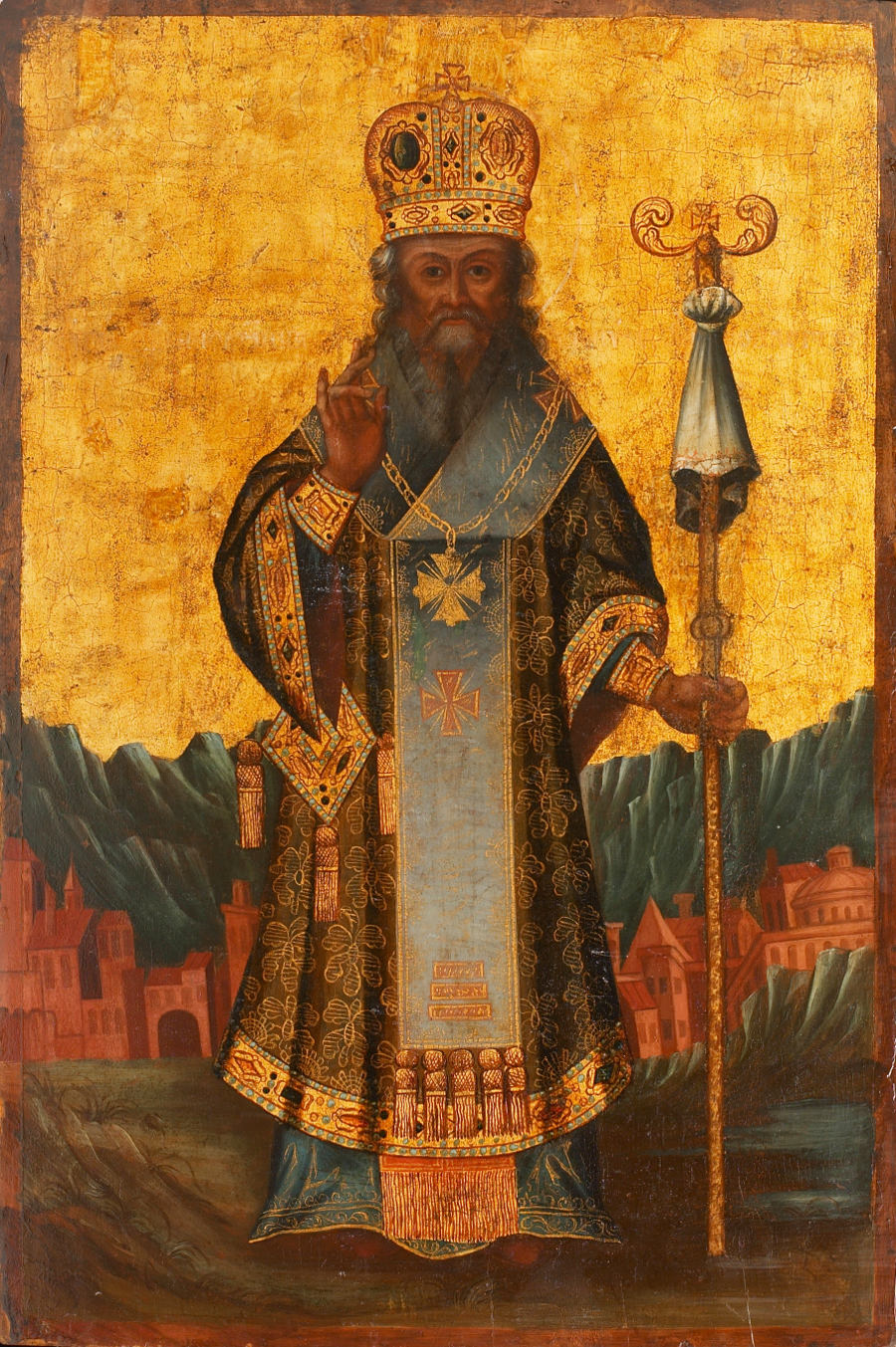THE MYSTICAL THEOLOGY
CHAPTER I
What is the Divine Darkness?
Supernal Triad, Deity above all essence, knowledge and goodness; Guide of Christians to Divine Wisdom; direct our path to the ultimate summit of your mystical knowledge, most incomprehensible, most luminous and most exalted, where the pure, absolute and immutable mysteries of theology are veiled in the dazzling obscurity of the secret Silence, outshining all brilliance with the intensity of their Darkness, and surcharging our blinded intellects with the utterly impalpable and invisible fairness of glories surpassing all beauty.
Let this be my prayer; but do, dear Timothy, in the diligent exercise of mystical contemplation, leave behind the senses and the operations of the intellect, and all things sensible and intellectual, and all things in the world of being and nonbeing, that you may arise by unknowing towards the union, as far as is attainable, with it that transcends all being and all knowledge.(1) For by the unceasing and absolute renunciation of yourself and of all things you may be borne on high, through pure and entire self-abnegation, into the superessential Radiance of the Divine Darkness
Post 1. I will post throughout the upcoming weeks the entirety of the work.
New Advent Catholic Encyclopedia on Dionysius the Pseudo-Areopagite:
The works of Dionysius, thus introduced into Western literature, were readily accepted by the medieval Scholastics. The great masters of Saint-Victor at Paris, foremost among them the much admired Hugh, based their teaching on the doctrine of Dionysius. Peter Lombard and the great Dominican and Franciscan scholars, Alexander of Hales, Albertus Magnus, Thomas Aquinas, Bonaventure, adopted his theses and arguments. Master poets, e.g. Dante, and historians, e.g. Otto of Freising, built on his foundations. Scholars as renowned as Robert Grosseteste of Lincoln and Vincent of Beauvais drew upon him freely. Popular religious books, such as the “Legenda aurea” of Giacomo da Voragine and the “Life of Mary” by Brother Philip, gave him a cordial welcome. The great mystics, Eckhardt, Tauler, Suso, and others, entered the mysterious obscurity of Dionysius with holy reverence. In rapid succession there appeared a number of translations: Latin translations by Joannes Sarrazenus (1170), Robert Grosseteste (about 1220), Thomas Vercellensis (1400), Ambrosius Camaldulensis (1436), Marsilius Ficinus (1492); in the sixteenth century those of Faber Stapulensis, Perionius, etc. Among the commentaries that of Hugh of Saint-Victor is notable for its warmth, that of Albertus Magnus for its extent, that of St. Thomas for its accuracy, that of Denys the Carthusian for its pious spirit and its masterly inclusion of all previous commentaries.


